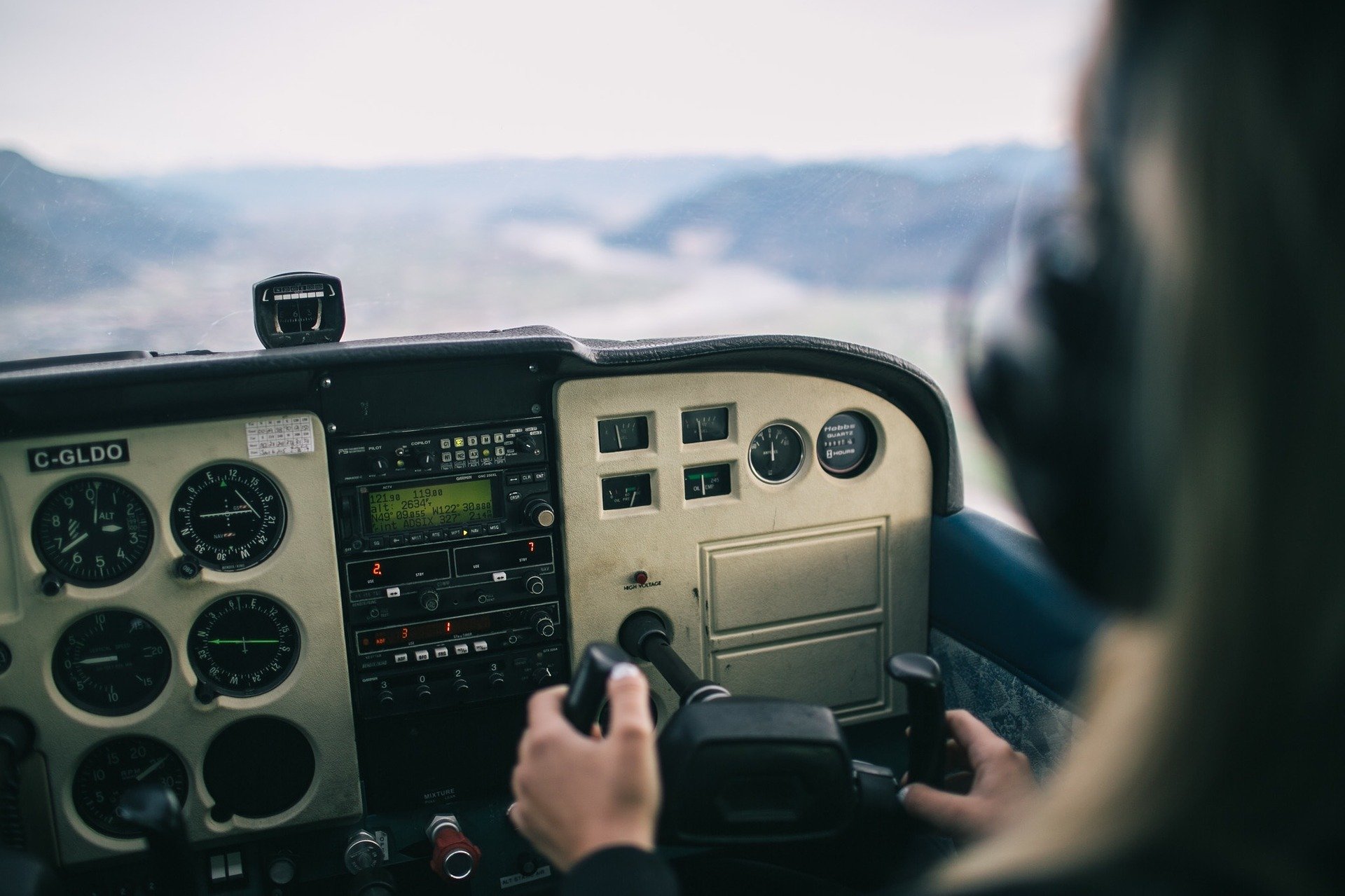Everyone knows flying is the safest mode of transport. That is because, unlike vehicles, trucks, and motorcycles, the odds of a plane crashing are one in 1.2 million. However, what most people don’t know is that pilots play a massive role in determining the fate of a plane: That is in case a problem arises while the aircraft is 31000 feet above the ground. It explains why before any pilot gets into the cockpit, they must undergo rigorous training. Also, after they qualify for a shift, they must go through flight data analysis, medical check, aircraft check, and briefing. These steps must precede regardless of the circumstances. That is why most people say the pilot’s shift starts way before the cockpit.
However, even with all the pre-flight preparation, a pilot’s attitude plays a massive role in case of a malfunction while mid-air. Therefore, a good pilot must have the best aeronautical decision-making skills to perform well in high-stress situations. Furthermore, they need to have the best overall attitude. In fact, any pilot with any of the following attitudes is considered unfit to fly.
Impulsivity
Impulsivity is an attitude that often leads to pilots taking unnecessary risks. That is because it entails the urge to do something without thinking about the outcome. Such pilots usually don’t consider alternative options, which usually makes them very dangerous in the cockpit. A skilled pilot must analyze the situation and align an array of viable solutions before taking the step with the best outcome. According to the FAA, impulsive pilots with their ‘do it quickly’ mindset can easily cause a
dangerous outcome.
Anti-Authority
Another attitude highly discouraged in aviation is anti-authority. There are two ways to describe the attitude. First, it entails a pilot who does not take advice from anyone even if they make the wrong decisions. In most cases, such pilots may ignore a lifesaving suggestion and end up causing a plane crash. Another scenario that is considered a subtler form of anti-authority behaviour is when a pilot doesn’t feel the need to follow a set of guidelines or procedures. As a result, they end up skipping checklists and ignoring other crucial rules. The worst part about being anti-authority is that a pilot is likely to cause a problem that was not there in the first place.
The Macho
A pilot is encouraged to be confident in whatever steps they take. However, overconfidence might lead to macho. Unlike other attitudes, a pilot with a macho attitude can easily cause a plane crash in the process of trying to impress a crew member. Another instance where macho can be destructive is when a pilot becomes too overconfident that they underestimate an emergency. That is why a pilot needs to always balance their confidence to make a rational decision in case of a problem.
Invulnerability
Every pilot is vulnerable, and so they are always urged to be on high alert at all times. However, when a pilot is invulnerable, they believe they are above certain situations or challenges. As a result, they are likely to make decisions that might risk the lives of crew members and passengers. That is why the FAA is always keen to bench pilots with the attitude of invulnerability. That is because pilots who believe they are immune to particular situations tend to be unreliable in life or death situations. Therefore, even with the rigorous training, every pilot should be vigilant and well prepared. Furthermore, they should look forward to dealing with the worst. That way, in case of a problem, the pilot becomes an asset and not a liability.
Resignation
Resignation is a destructive attitude that has led to a long list of pilot suicides. That is because once a pilot resigns, it means they believe the situation is above their control. Such a scenario can lead to devastating occurrences even if there was a swift way to handle the problem and minimize the impact. Furthermore, pilots who resign easily tend to believe in fate and not because their actions might help in a dangerous situation. On the other hand, a pilot who doesn’t have a resignation attitude will try all possible ways to solve a particular situation. Nothing will stop them from coming up with a viable solution.
Each of those attitudes has seen so many pilots make poor decisions throughout their careers. That is why the FAA condemns them. On the contrary, pilots should be confident and determined to achieve the best outcome in any situation. Furthermore, they must be aware of their environment and have the general know-how to steer an aircraft from a dangerous situation without making it worse.
